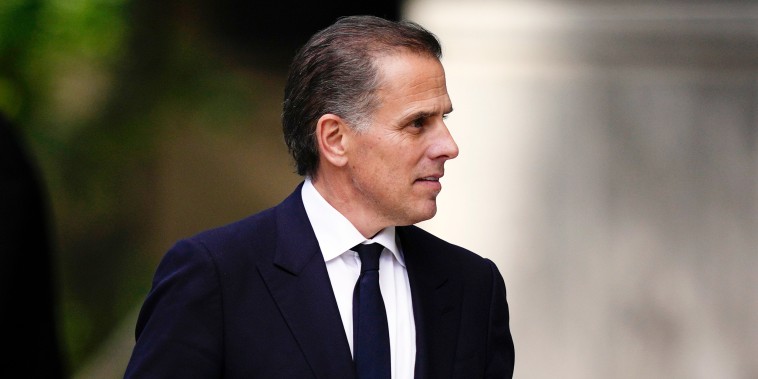Hunter Biden Sues Fox News Under New York’s Revenge Porn Law
In a recent turn of events, Hunter Biden, the son of President Joe Biden, has filed a lawsuit against Fox News under New York’s revenge porn law. The lawsuit alleges that the conservative news network engaged in a smear campaign against him by publishing intimate photos and videos without his consent.
This legal action marks a significant development in Hunter Biden’s ongoing battles with media outlets and political opponents. While the lawsuit specifically focuses on the unauthorized dissemination of private content, it also underscores broader concerns about the intersection of privacy rights and journalistic ethics in the digital age.
Fox News has staunchly defended its reporting on Hunter Biden, citing the public interest in his personal and professional activities. However, critics argue that the network crossed a line by sharing explicit material that was obtained through illicit means. The lawsuit will likely test the boundaries of free speech and the press in the context of protecting individuals from the harmful effects of revenge porn.
Moreover, the case raises questions about the adequacy of existing legal protections against the unauthorized sharing of private content online. New York’s revenge porn law, enacted in 2019, was designed to address the growing problem of non-consensual pornography and provide victims with avenues for recourse. Hunter Biden’s lawsuit serves as a high-profile test of the law’s effectiveness and reach.
As the lawsuit unfolds, it is likely to draw significant attention from media outlets, legal experts, and advocacy groups. The outcome of this case could have far-reaching implications for how individuals, particularly public figures, can safeguard their privacy and hold media organizations accountable for harmful content.
In conclusion, Hunter Biden’s lawsuit against Fox News under New York’s revenge porn law sheds light on the complex dynamics of privacy, journalism, and legal protections in the digital age. This case underscores the need for an ongoing conversation about the ethical responsibilities of media outlets and the rights of individuals to control their private information. The outcome of this legal battle will undoubtedly shape future debates surrounding the intersection of free speech, privacy rights, and media accountability.


























